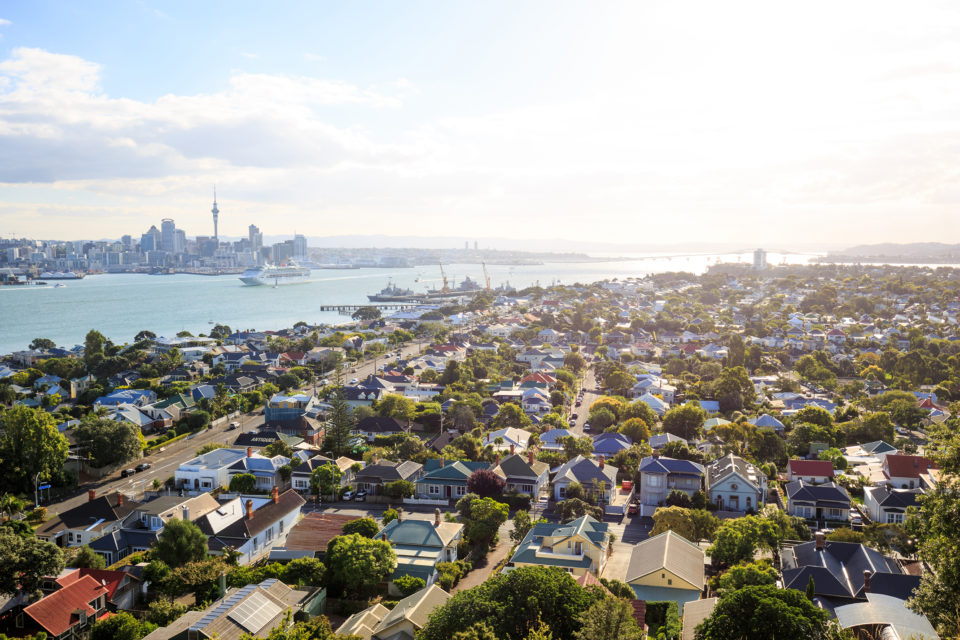By Linda O’Reilly, Partner, Brookfields.
Forty-four years in and around local government in NZ is a long time, but I know many who started before me and are still going.
There is plenty of collective wisdom around the topic and managing the sector. Yet no one is ever entirely happy with the performance and delivery of local government, not least those who are responsible for it – and that includes both its professional and elected leaders, and of course central government.
When it comes to Ministers of Local Government, of whatever political stripe, we range from the barely interested to the doggedly enthusiastic. I have yet to see any Minister of Local Government glowing with enthusiasm for the portfolio, but with Nanaia Mahuta we have at least energy and commitment. There has been a raft of ‘reforms’ hitting the sector, from environment law to three-waters. Notwithstanding that we have yet to see the outcome of any of it, an even broader initiative has been launched.
There is now a Review into the Future for Local Government, with an independent panel chaired by Jim Palmer due to begin immediate engagement with the public and draft a report for public consultation in September this year, with a final report in April 2023.
Should we be breathless with anticipation?
Probably not, but it might be worth being mildly interested and contributing in a meaningful fashion. Not least because the scope is wide enough to encompass constitutional issues and could indeed lead to a completely revised local government structure if the panel takes full advantage of the opportunity to deliver up new and innovative recommendations. Always assuming the Government chooses to adopt any such recommendations.
The stated purpose of the review is to identify how our system of local democracy and governance needs to evolve over the next 30 years “to improve the well-being of New Zealand communities, and actively embody the ‘Treaty partnership’”.
“When it comes to Ministers of Local Government, of whatever political stripe, we range from the barely interested to the doggedly enthusiastic. ”
A sort of ‘long-term plan’ for the whole of local government if you will. There is some familiar terminology in what the Minister is asking the panel’s recommendations to achieve for local government – resilience, sustainability, fit for purpose, public trust, strong leadership, the four well-beings of course. Nothing new in that, and nothing everybody has not been wanting since at least the Local Government Act 2002 came into force, if not before.
What is a little different in terms of emphasis, although in keeping with the current government’s priorities, is a request for recommendations that will achieve effective partnerships between mana whenua [Maori interest] and central and local government, and a system that actively embodies the ‘Treaty partnership’. This would seem to presage a more proactive role for local government in this sphere than the current Act requires and suggests that the 30 or so local authorities that have adopted Maori wards or constituencies for the 2022 local government elections are only just barely ahead of the tide. Those lagging may find that tide overwhelming before long.
While consideration of the role of local government in the Treaty ‘partnership’ is probably overdue, it is difficult to imagine what such an otherwise open-ended brief is likely to achieve.
The Minister is in her second term in that position, and the Government has clearly directed changes in related areas such as three-waters reform and environmental law. Does she not have her own ideas about where local government should be heading that could form the basis of investigation and consultation?
Giving the panel free rein may suggest an open mind, but I am not sure that is necessarily all that is needed. Local Government NZ and Taituara – Local Government Professionals Aotearoa are calling for work to “reimagine the role and function of local government”. This certainly has merit, given the struggles local government is having in certain areas such as the funding of infrastructure and its tie-in to meeting the under-supply of good quality housing. But other than in relation to the role of Maori, the panel has been given very little in terms of directions to explore.
This raises the question of how it will engage with the community as it has been instructed to do. Should it consider more or less local governance? Will it look at funding the sector, as so many others have done in the past? Should there be a more extensive hierarchy, or none? Are we to expect services to be delivered by local government, central government, or the private sector? Should units of local government be commercial entities with ownership of infrastructure both funded by and returning a profit to community investors? Is more amalgamation or de-amalgamation the way of the future? Where do we look for good models of local government?
The questions are endless in variety and possibility, and so too will be the public response – at least from those few sufficiently motivated to engage.
The danger is this – the panel is being asked to help solve a problem that is insufficiently defined. At best it will come back with a considered response that reflects the views of a few of the minority segment of the community who choose to participate.
At worst, it will come back with a reflection of the frustration and confusion that dogs the sector and some carefully worded aspirations.
This will not be the fault of the worthy persons who sit on the panel. It will be the fault of those who sent it out into the woods without the benefit of a bread-crumb trail home. LG


